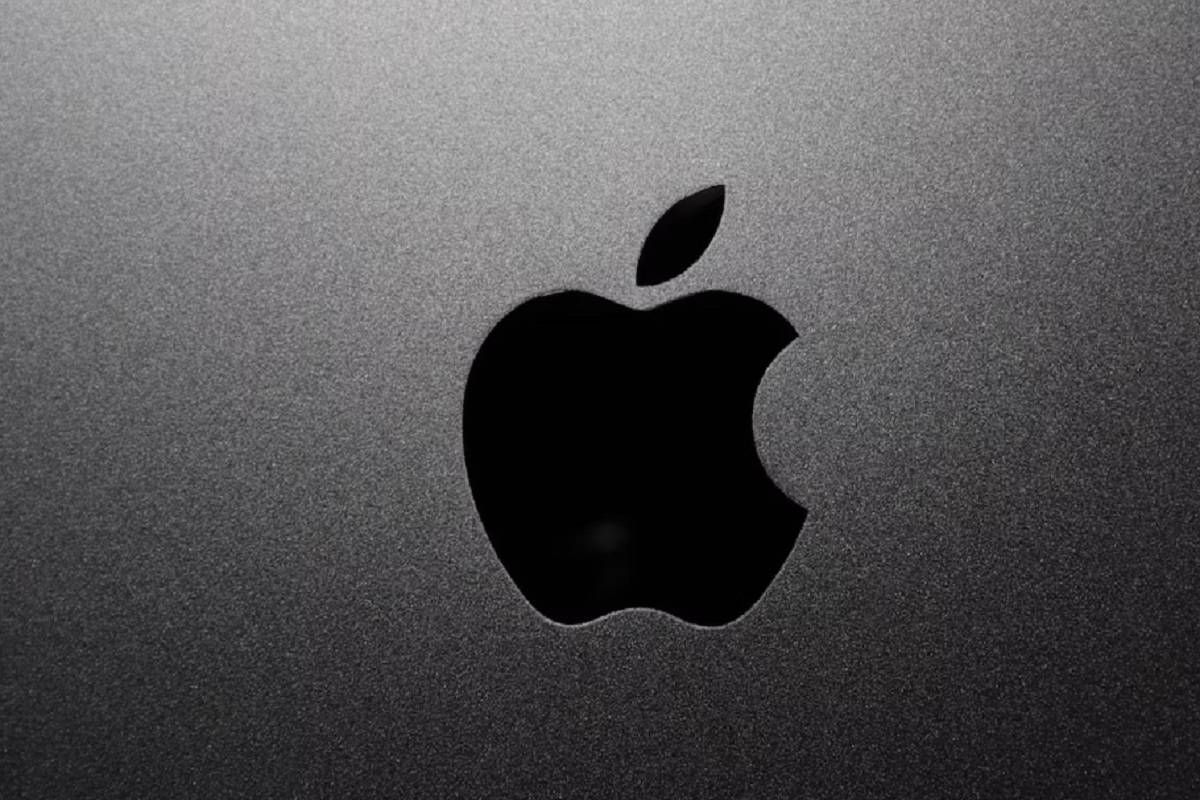The French competition authority has expressed dissatisfaction with the concept of Apple’s advertising policy.

Last Tuesday, July 25, the National Coordination Office announced its disagreement with the practice of the technology giant, which provides for the use of client data for advertising on iOS devices.
The statement published on the official website of the supervisory authority contains an allegation that the company is involved in the abuse of a dominant position, which manifests itself in the creation of discriminatory, biased, and opaque conditions for the use of personal information of consumers in order to promote advertising materials.
The technology giant, in response to the regulator’s claims, said that the application tracking transparency platform, which is the basis of the problem, provides users with the possibility of additional control. This means that applications must request consumer permission before taking any action regarding actions and data.
Apple also states that tracking practices are not a default measure. According to the company, the applications do not link user or device data with similar information collected from other digital products, websites, or offline properties of firms, for advertising or marketing research. Apple also notes that in its advertising business, it follows the principle of privacy standards, which contain stricter requirements compared to the norms for other aspects of its activities. The company insists that users receive a request for permission to provide personalized advertising.
The tech giant also said it has received the support of many regulators and privacy advocates. The company stated its intention to continue to create conditions for users to maintain control over their data.
Last week, the Spanish antimonopoly service accused Apple and Amazon of collusion, the purpose of which was to block competition on the local online platform of the e-commerce giant. The regulator said that the companies agreed to limit the number of resellers of Apple products on Amazon’s website in Spain. The Antimonopoly Service fined the iPhone manufacturer $161.4 million. The e-commerce giant faced a $56.7 million fine. Apple and Amazon said that their agreement was aimed at combating counterfeit products.
Also this year, the French privacy control service CNIL fined the iPhone manufacturer for personalizing ads in the App Store. The initiators of the proceedings said that the technology giant did not clearly formulate a request to obtain users’ consent for the application to collect a key identifier for targeted advertising. Apple expressed disappointment with this decision and announced its intention to appeal.









